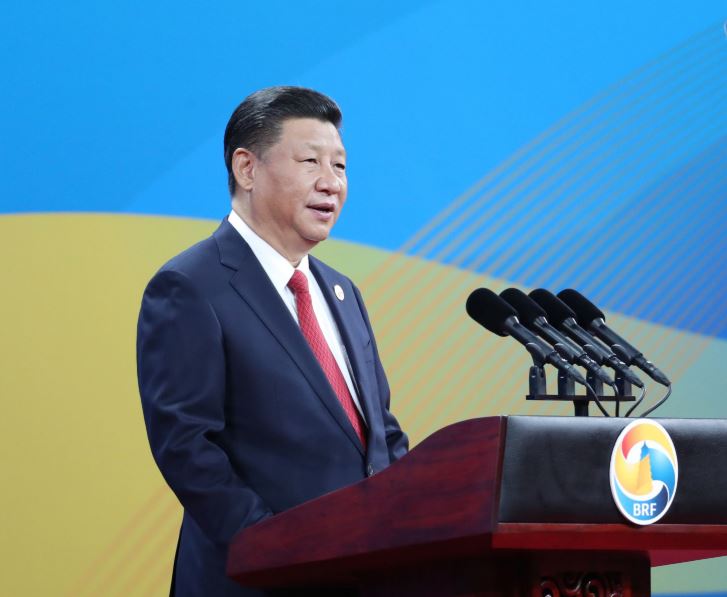×
The Standard e-Paper
Join Thousands Daily

China has overtaken external lenders to become largest financier of infrastructure projects that have positioned Kenya as an unrivalled transport and logistics hub in the region.
Modern infrastructure projects like roads, ports and railways that are either financed or built by China have injected vitality into the country's transformation agenda, senior officials and experts said.